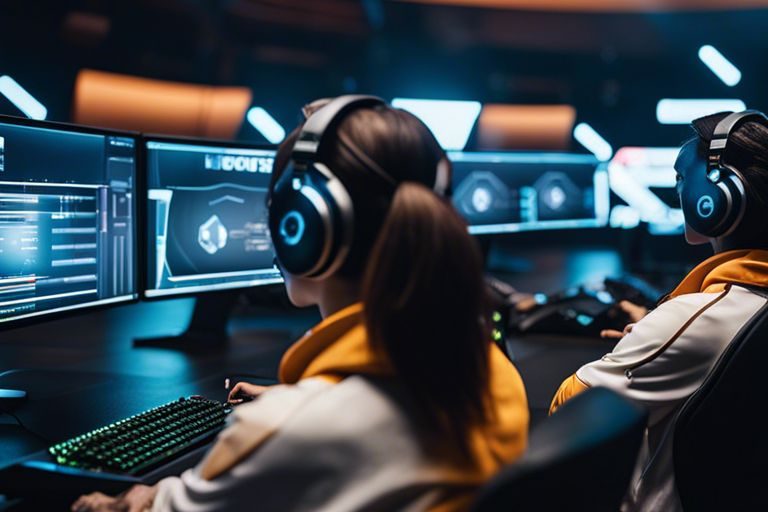Just like traditional sports, esports has garnered a massive following over the years, with millions of viewers tuning in to watch their favorite teams and players compete in various tournaments. However, as the industry continues to grow, so do the challenges surrounding digital rights and intellectual property.
Concerning esports, digital rights refer to the ownership and control of the content created and shared within the ecosystem. This includes everything from live-streamed matches and player profiles to in-game assets and merchandise. As the popularity of esports increases, so does the value of these digital rights, leading to complex legal issues and debates over who has the authority to use and monetize them.
One of the key issues in the esports industry is the ownership of player likenesses and in-game appearances. Players often sign contracts with teams and sponsors that grant them exclusive rights to use their image and persona for commercial purposes. This can lead to disputes when players want to use their likeness for personal branding or when sponsors want to feature them in their marketing campaigns.
Another major concern in the esports world is the unauthorized use of game footage and content. Many esports tournaments and leagues rely on live streaming platforms such as Twitch and YouTube to reach their audience. However, issues arise when third parties re-upload or stream this content without permission, leading to potential copyright infringement and revenue loss for the original creators.
To combat these digital rights challenges, esports organizations and stakeholders are implementing stricter regulations and licensing agreements. For example, tournament organizers are cracking down on unauthorized broadcasts and enforcing penalties for teams and players who violate digital rights agreements. Additionally, game developers are introducing new features and tools to help protect their intellectual property and prevent unauthorized use.
Overall, the issue of digital rights in esports is a complex and evolving landscape that requires careful consideration and collaboration among all parties involved. As the industry continues to grow and mature, it will be vital for esports organizations, players, sponsors, and fans to work together to establish clear guidelines and standards for digital rights management.
In the end, esports and digital rights are intrinsically linked in today’s digital age. As the industry expands and evolves, it is crucial for all stakeholders to understand and respect the value of digital rights and work towards creating a sustainable and secure environment for all involved.




